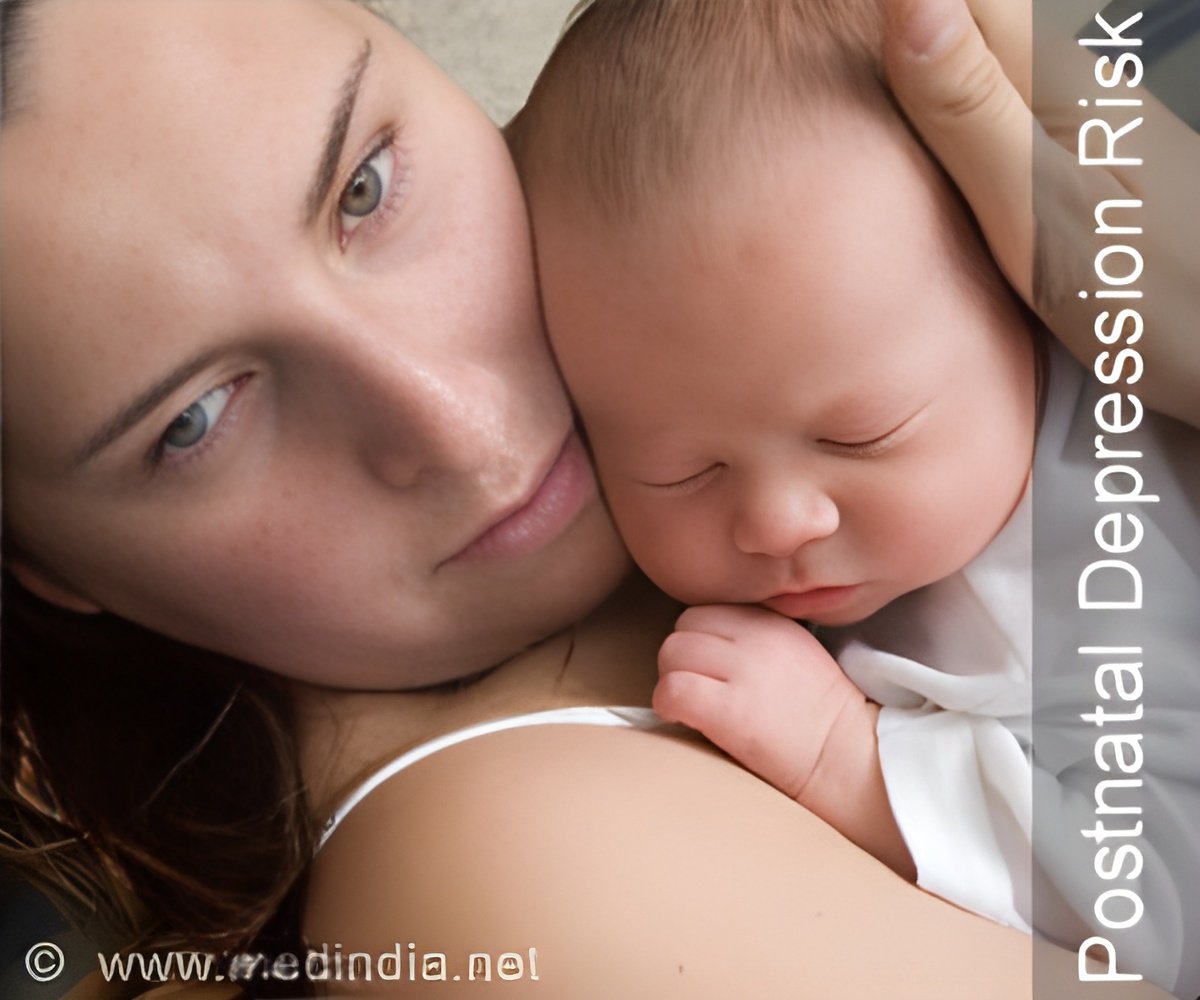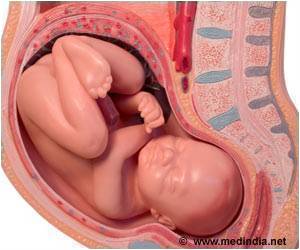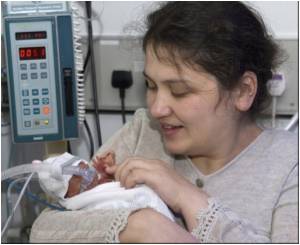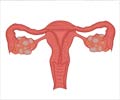Consuming encapsulated placentas medication may have little or no effect on postpartum mood and maternal bonding as previously assumed.

‘No clear evidence of placentophagy (consumption of placenta) benefits compared to a placebo were observed, but it does show that the practice is capable of influencing maternal hormone levels and that could provide some kind of therapeutic effect.’





Although precise estimates are not yet available, most experts agree there are many thousands of women in the U.S. alone who practice maternal placentophagy. And while the practice appears to be more common in home birth settings, it has been spreading to hospital births.Proponents of the practice say that because maternal placentophagy is common in mammals throughout nature, it most likely offers some benefits to human mothers as well.
The current study, which included 12 women who took placenta capsules and 15 who took placebo pills in the weeks after giving birth, was led by researchers from UNLV's Department of Anthropology and School of Medicine.
The research team tested the efficacy of placenta capsules in promoting various health benefits, including stemming the onset of postpartum 'baby blues' and depression of new mothers. The results of the new study find that such claims are not clearly supported.
The research group's work did show, however, that ingesting placenta capsules produced small but detectable changes in hormone concentrations that show up in a mother's circulating hormone levels.
Advertisement
Prof. Daniel Benyshek, senior author of the study, suggested that both advocates and skeptics alike may point to these new results. "Placentophagy supporters may point to the fact that we did see evidence that many of the hormones detected in the placenta capsules were modestly elevated in the placenta group moms," Benyshek said.
Advertisement
So, while the study provides no clear evidence of placentophagy benefits compared to a placebo, which is the scientific standard. It does show that the practice is capable of influencing maternal hormone levels and that could provide some kind of therapeutic effect and To what extent, however, is unclear. More research is needed in order to explore these effects more fully.
"While the study doesn't provide firm support for or against the claims about the benefits of placentophagy, it does shed light on this much debated topic by providing the first results from a clinical trial specifically testing the impact of placenta supplements on postpartum hormones, mood, and energy," said Dr. Sharon Young, lead author of the study and program manager for UNLV's Office of Undergraduate Research.
"What we have uncovered are interesting areas for future exploration, such as small impacts on hormone levels for women taking placenta capsules, and small improvements in mood and fatigue in the placenta group."
Source-Eurekalert












